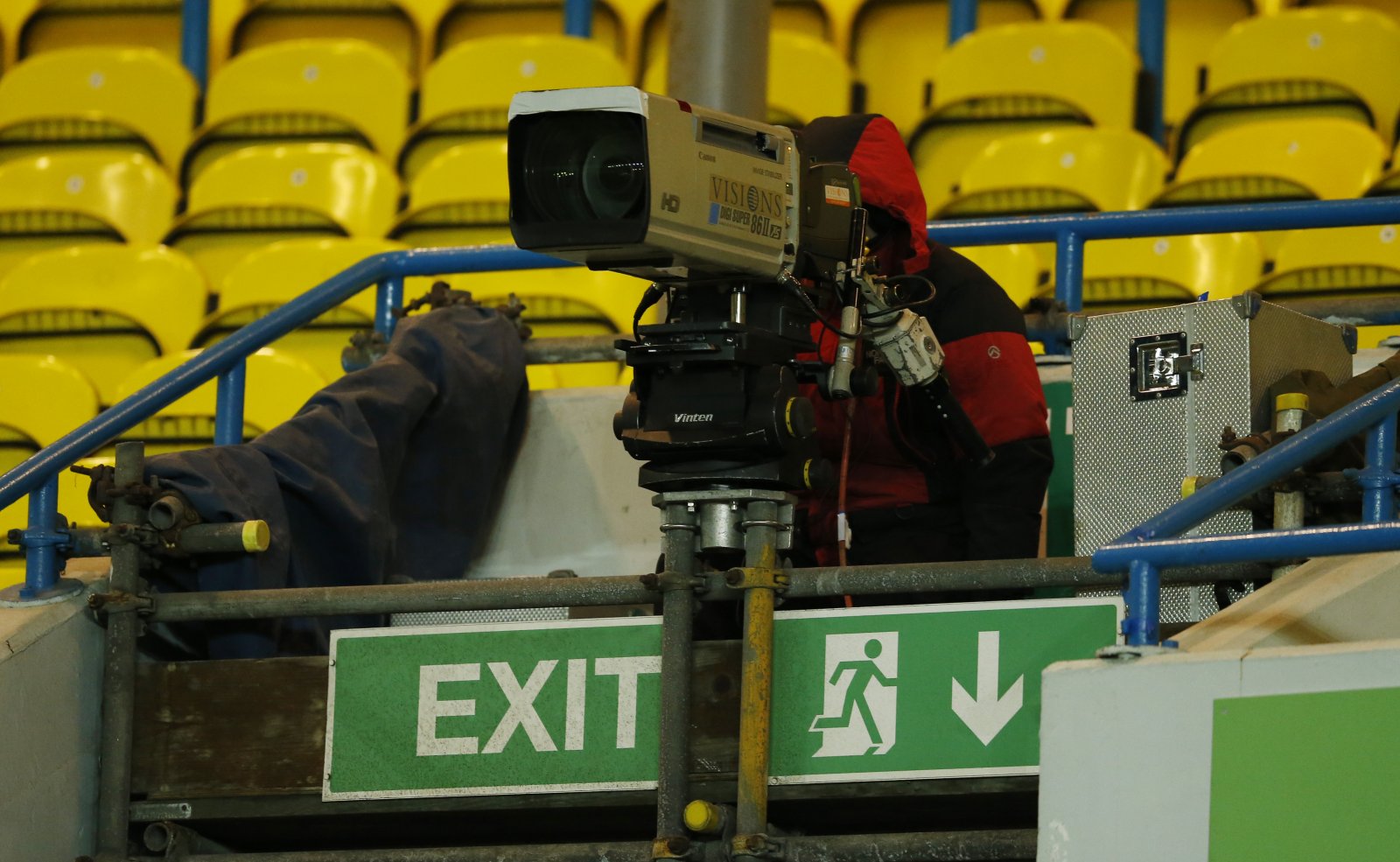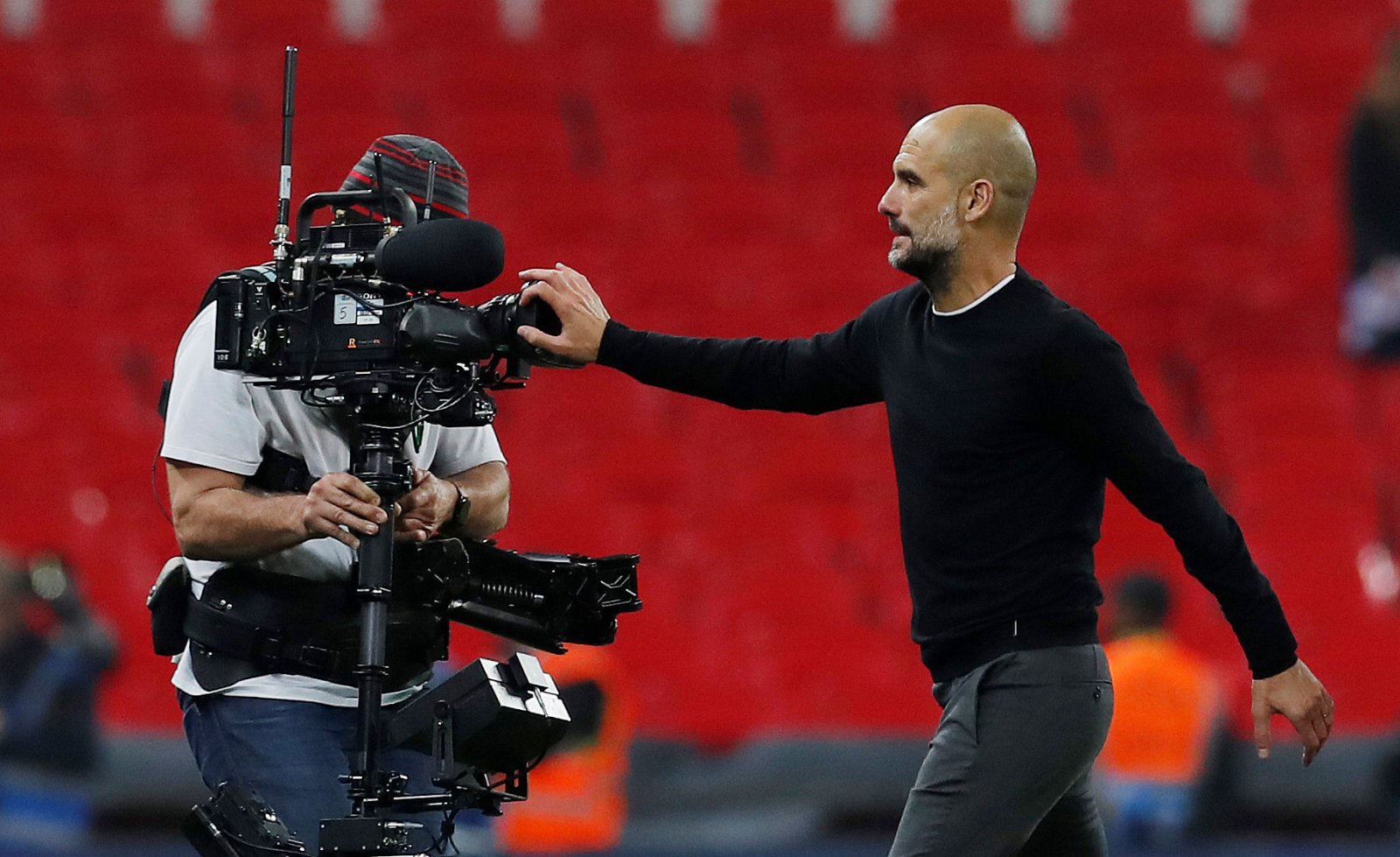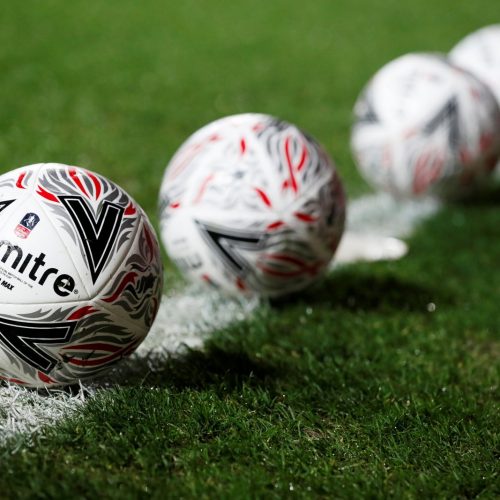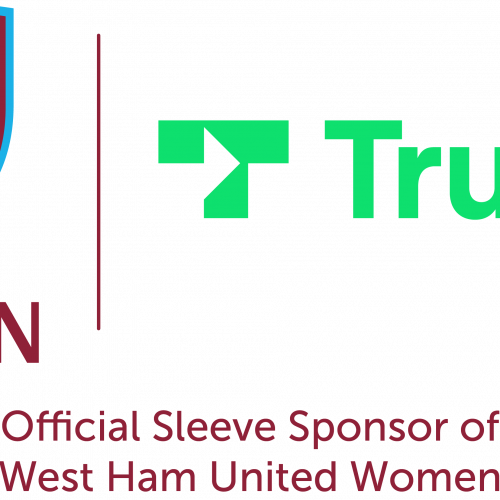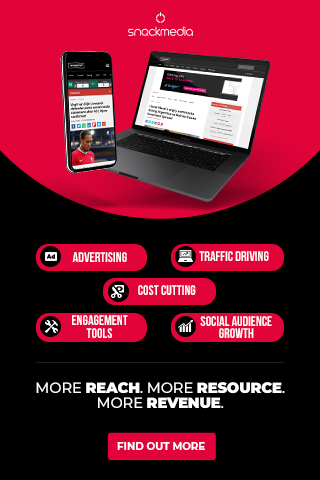Why EFL clubs should be inspired by Amazon’s Premier League deal
This is a guest post by Romily Broad. You can listen to more of his thoughts on the Digital Sport Insider podcast, too.
Amazon has become a Premier League broadcaster. While the tech giant has barely next-day-delivered its toes into the waters of elite football – just 20 games in two blocks for an affordable (undisclosed) fee – it’s a moment that feels like a harbinger of change for sports media rights and, consequently, the business of football itself.
It’s part of a digitally-motivated change that I’ve already argued a majority of clubs need to be more alert to. And so here it begins.
On the face of it, from a club perspective, it might not seem to warrant that much attention. It’s a different source of money, sure, but as long as the money ends up where it always has, why should they think about it? And how could it possibly impact clubs outside the Premier League?
Well, it could, in a couple of ways.
Firstly, there’s the fact the Premier League openly courted the big tech companies with its new packages and ended up raking in less cash overall by doing so (down from £5.14 billion to £4.45 billion). It’s indicative of how the inevitable shift in sports media from linear TV and its captive audiences to streaming services and their more diffuse audiences may bring downward pressure on the value of those assets over time.
That could lead to the big media players focusing more dollar on a narrower range of high-yield properties, reducing further the value of broadcast rights for sports organisations outside the moneyed elite. That’s a problematic trend long-term, despite the EFL’s most recent increased media deal.
Secondly, though, the Amazon deal represents a real opportunity for EFL clubs to chart another path because, in some ways, Amazon is a lot more like an EFL club than it is the broadcasters it’s competing against.
EFL Clubs: It’s time to think like Amazon.
There’s a reason it was Amazon that secured the Premier League goodies instead of pure-play OTT providers like Netflix, DAZN or Eleven Sports. For the latter, as wholly subscriber-funded operators, there was no way to make the sums involved stack up. But, unlike those companies or the purely advertising funded social media platforms, Amazon is essentially a retailer with a media product on the side; Amazon has a lot of other stuff to upsell via its live footy.
Under the terms of the deal, Amazon will have two blocks of 10 games. Not so many as to knock a hole in company finances, but more than enough to test the ability of premium live sports to help the company shift other products.
Its first block of games will be the first round of midweek fixtures in early December. That’s a few days after Black Friday and the commencement of Christmas shopping season. The second block will be all ten games on Boxing Day – the day the sales start.
Amazon will be banking on the fact it can significantly drive up Amazon Prime subscriptions and, as an all-digital OTT offering from a company that’s been built on converting web traffic into customers, drive a significant uplift in people taking advantage of some free next-day deliveries at Prime times of the year.
A very similar opportunity exists for EFL clubs from next season.
Already live streaming their games directly to fans overseas, from next season they will be able to do the same domestically with any non-3pm games that aren’t already on the telly.
And like Amazon, every EFL club is a multifaceted business with lots of other things to sell. Whether it’s C&B bookings, retail, or season ticket renewals – and let’s not forget sponsor activation – clubs will have a powerful means to drive new revenues from every viewer. Most clubs are already selling all their products online, and they will now have their most engaged fans on their sites ready for the cross-sell. Even if only small percentages of those fans convert to purchase, that still represents significant marginal gains across the business.
In that context, clubs that invest now in their video product to draw in subscribers – and join the dots of their digital real estate to link it to the rest of the business – need only look at a trend of reducing media money as an opportunity.
They can think like Amazon.
About author
You might also like
Leeds United become first football club to sell official jerseys on TikTok
Leeds United is the first football club in the world to partner with TikTok to sell official merchandise and replica jerseys. Coinciding with the release of the new rhapsody purple,
Lewes FC Appoints Sue Anstiss To Its Board Of Directors
The Lewes FC Board is delighted to announce that it has co-opted Sue Anstiss as a Lewes FC Director. Sue has been a driving force for equality in sport for
Trustly extends partnership to become West Ham United Women’s Sleeve Partner
West Ham United is pleased to announce that Trustly has enhanced its relationship with the Club by becoming the Women’s Sleeve Partner. Trustly, the leading global account-to-account payments platform, became

